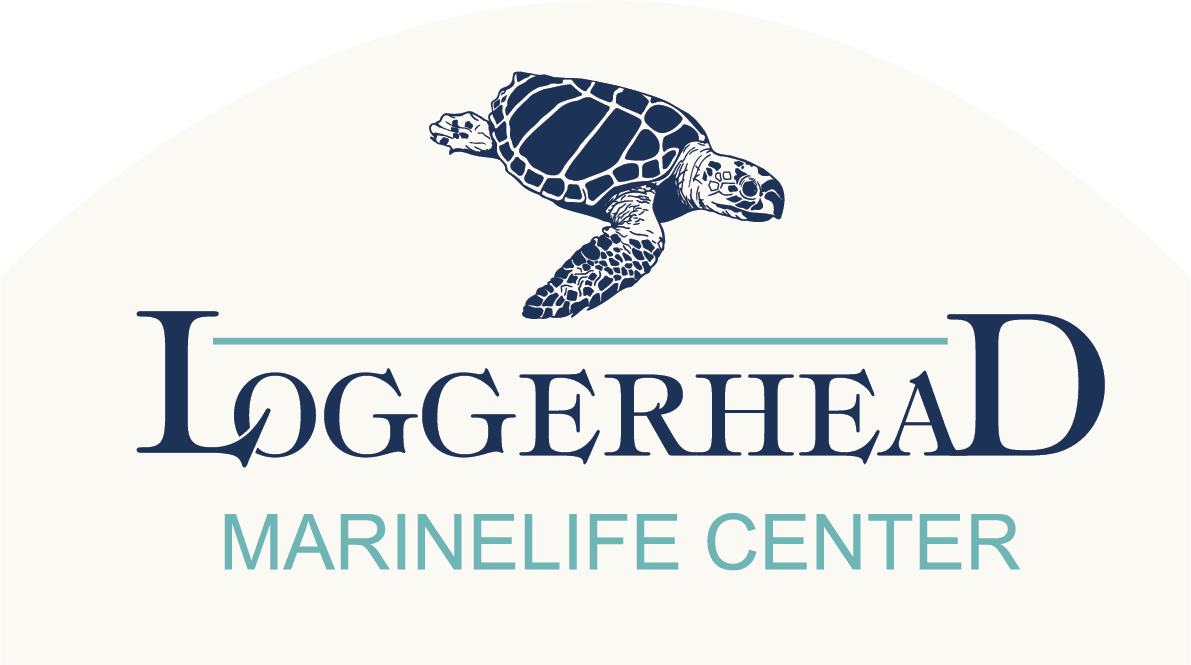
Breaking Down Plastic
Plastic is a chronic problem for our oceans, planet, and ultimately our health. Yet, this material is still being mass-produced for its convenience and disposed of at an alarming rate despite having more sustainable alternatives at our fingertips.
While plastic continues to be made, almost every single piece of plastic created still exists in some form. Due to its incredibly durable nature, plastic breaks down into smaller and smaller pieces, but never actually leaves the planet. According to National Geographic, plastic in the ocean could triple by 2040 if immediate action is not taken.
When plastic breaks down to a certain size (less than 5 mm in length), it is called “microplastic”, however, plastic can become even smaller than this size. These tiny pieces of plastic, called nano plastics, measure less than one micron, which is equivalent to one-thousandth of a millimeter (think plastic dust) and are more harmful than one might think.

It’s a Nano Problem
Unfortunately, many consumer items are made out of plastic – from food packaging to clothing, to children’s toys. Scientists have also discovered that nano plastic pieces have been found in dust, rain, and snow, which means that we are breathing in this hazardous material. It’s so ingrained in our everyday life that it’s begun to affect the food we eat and the water we drink.
For instance, according to a recent Human Consumption of Microplastics study, plastic can be found in food items such as table salt, honey, sugar, alcohol, drinking water, and beer. And to no surprise, researchers have detected a variation of microplastics in human stool out of all eight samples studied. Additionally, findings discovered that individuals who drink only bottled water may ingest 86,000 more pieces of plastic per year (90,000 total) than those who only drink tap water (4,000 total).
While ingesting non-natural materials is dangerous in itself, certain plastics are also commonly found in harmful chemicals such as phthalates, flame retardants and Bisphenol A (BPA). As scientists still study the long-term effects of plastic ingestion in humans, the chemicals have been linked to numerous health problems, including issues in reproductive health.

Accumulating Toxins
Plastic comes in contact with various types of toxins and chemicals when it enters the ocean, and due to plastics’ porous nature, it absorbs harmful substances. It’s also been found that the longer plastic is in the ocean and breaks down into smaller pieces, the easier it is for additional toxins to attach to debris.
The potency of the plastic, and all the contamination it holds increases through a process called bioaccumulation. Plastic is ingested by marine life at all levels of the food chain, starting with microscopic plankton and working all the way to our plates eventually.

A Sustainable Future
Even though Plastic Free July is behind us, we encourage you to monitor your plastic waste. Whether you refuse single-use plastic utensils or bring your own reusable bags to the grocery store, you are making a difference. With more than eight million tons of plastic entering our oceans a year, every little bit helps.
Looking for a quick one-stop-shop to limit your use? LMC has you covered with its recently launched Choice Matters Program – a program designed to help consumers select socially responsible items while shopping at LMC. Here, you can find sustainable alternatives as well as new ideas of products you can switch to from plastic.

———————–
Loggerhead Marinelife Center. Loggerhead Marinelife Center (LMC) is a nonprofit sea turtle research, rehabilitation and educational institution that promotes conservation of ocean ecosystems with a focus on threatened and endangered sea turtles. The Center features an on-site hospital, research laboratory, educational exhibits and aquariums, and also operates the Juno Beach Pier, which hosts world-class angling and sightseeing. Situated on one of the world’s most important sea turtle nesting beaches, Loggerhead Marinelife Center is open daily and hosts over 360,000 guests free-of-charge each year. The Center’s conservation team works with 90 local and international organizations across six continents to form partnerships and share conservation initiatives and best practices that are core to its mission of ocean conservation. The Center is expanding and has launched its Waves of Progress capital expansion campaign, designed to accelerate and amplify LMC’s conservation and education impact. For more information, visit www.marinelife.org or call (561) 627-8280.
———————–
Conservation Contact:
Katie O’Hara
Conservation Manager
561-627-8280, x107
